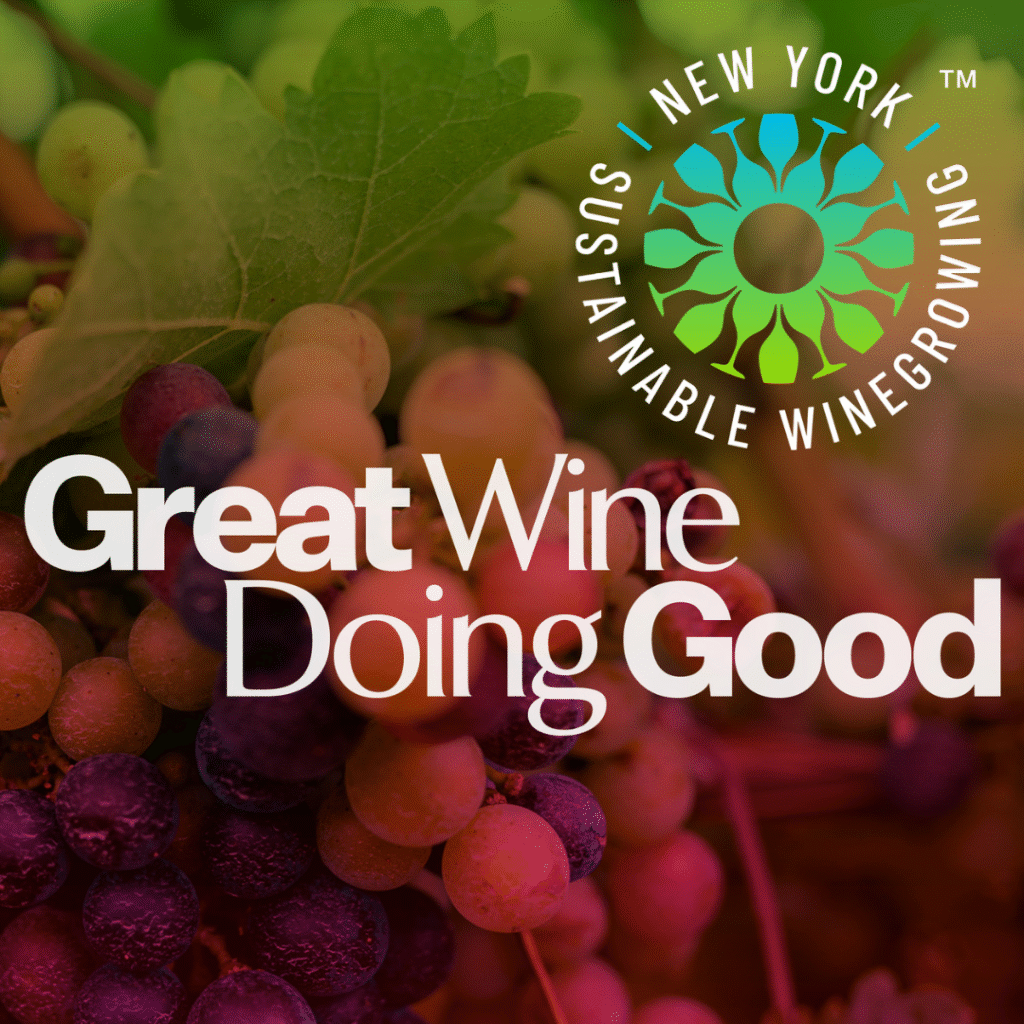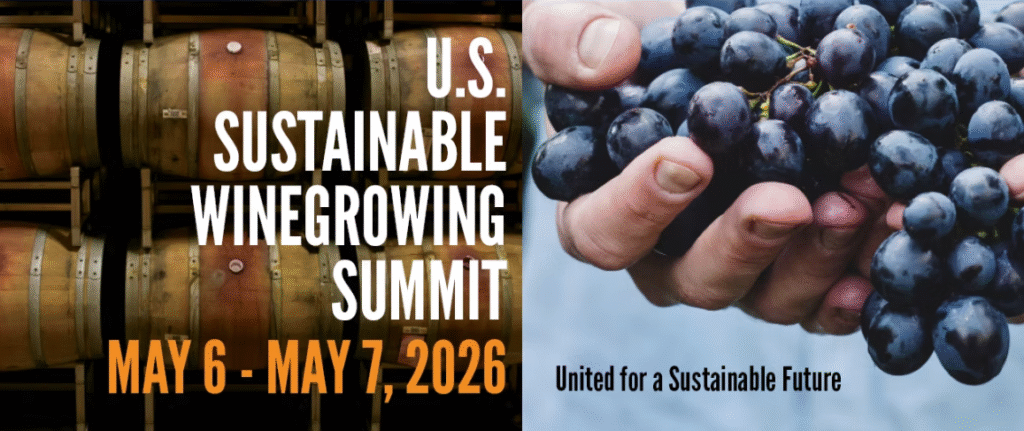
- This event has passed.
Environmental Results Program for Wineries: Energy & Waste Management
Online Environmental Results Program for Wineries: Energy and Waste Management webinar. Learn about the latest strategies and best practices for wineries to reduce energy use and better manage waste in an environmentally responsible and sustainable way. Our expert panel will share insights on how to reduce energy use, and manage winery waste. Don’t miss this opportunity to connect with industry peers and gain valuable knowledge to improve your winery’s environmental performance.
About Our Presenters:
Dr. Eugene Park has 30 years of P2 technical assistance and research experience, including establishing an Environmental Results Program (ERP) for the auto repair and auto salvage sectors in RI and conducting P2 assistance projects for NYS wineries. His expertise includes membrane filtration and cleaning with less toxic chemicals. His degrees include B.A./B.E. in Chemistry/Engineering, M.E. in Engineering, and a PhD in Chemical Engineering. Gene is also part of the research faculty group at the RIT Golisano Institute for Sustainability. Dr. Park has provided direct technical assistance to over 500 companies in New York, Rhode Island, South Korea and Central America in a wide range of sectors including auto, metal finishing, optics, and food. He was instrumental in establishing, then serving as director of the Rhode Island Center for Pollution Prevention, one of the first pollution prevention institutes in the country. Gene is now working with Ken as they co-lead the ERP Sustainability Initiative for the NYS Winery Sector.
Chris Gerling, a Senior Extension Associate in the department of Food Science at Cornell University, is the manager of the Vinification & Brewing Technology Lab, supporting research projects and applied trials. He also organizes and conducts workshops and seminars that focus on production and analytical techniques for farm-based beverages. Chris is the past chair of the American Society of Enology and Viticulture/Eastern Section; he serves on the ASEV national chapter’s laboratory proficiency committee and is member of the Cider Institute of North America’s executive committee.
Marty Schooping is a Senior Program Manager at the Golisano Institute for Sustainability at RIT, with a diverse background in many areas of engineering and design including automated manufacturing, Product development, design for six sigma, data analysis, Finite Element Analysis, energy efficiency, measurement, verification and noise and vibration control engineering. Prior to RIT, for more than a decade, Mr. Schooping designed automation equipment and tooling for automotive, business machines and medical clients. He was then a consultant in new product development for 17 years. He has contributed to products ranging from nano-technology bio sensors to multi-ton automated laundry products and including medical oxygen concentrators and boat hulls. Since joining RIT in 2008, Mr. Schooping has conducted research projects in alternative energy and energy efficiency, and currently provides technical assistance in support of industry. He was instrumental in developing and instructing a training class in energy cost reductions for building and facility managers of small to medium sized industrial buildings. He has also provided instruction in the ISO 50001 Energy Management System. Mr. Schooping holds an associate degree in mechanical engineering technology from Erie Community College and is currently pursuing a B.S. degree in Electrical Engineering Technology at RIT. Mr. Schooping holds several patents relating to product designs and innovations.
Thomas A. Trabold is Research Professor at the Golisano Institute for Sustainability (GIS) at Rochester Institute of Technology (RIT). Dr. Trabold’s primary research focus is on the development of alternative energy technologies, including fuel cells, bio-fuels, and processes for valorizing organic waste materials. He has over 20 years of experience in industrial research and development, ranging from nuclear thermal-hydraulic systems for submarines at General Electric, to coating processes for photoreceptor manufacturing at Xerox, to proton exchange membrane (PEM) fuel cell systems for zero-emissions vehicles at General Motors. At RIT, his current research efforts are in thermochemical conversion of organic waste to produce carbonaceous biochar, and in using biomass derived hydrogen in high-temperature PEM fuel cell systems. Dr. Trabold has a strong record of accomplishment in sustainable energy and materials research, with more than 130 technical publications and over 55 U.S. and international patents.

